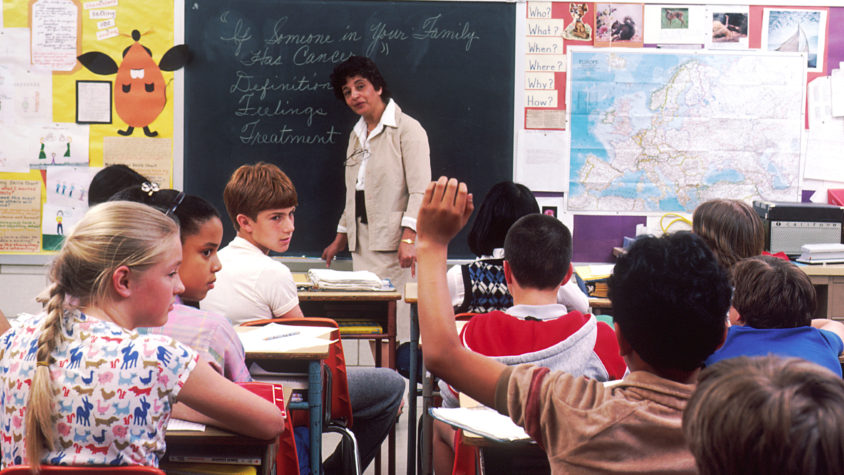By Susanna Schenk, Family Engagement Associate at EPIC – Every Person Influences Children When I was a classroom teacher, parents often asked me what they could do to help their child at home. I always had two answers; read with your child and play games. Both of these activities teach children...
By Susanna Schenk, Family Engagement Associate at EPIC – Every Person Influences Children
When I was a classroom teacher, parents often asked me what they could do to help their child at home. I always had two answers; read with your child and play games. Both of these activities teach children valuable foundational skills that they need to be successful students and, more importantly, productive adults. ‘Tis the season to think about what to give the children in your life. The greatest gift you can give them is
your time. Books and games are wonderful ways to spend time with your child while helping them academically and socially.
Board games are a great gift. You could get the classics that you played as a kid or one of the many new games that focus on cooperative play, where players work together to complete a task. Don’t just give a board game, though. Take the time to sit down and play it with them. When you play games together, a child sees valuable life skills that you model. Learning how to take turns, problem solve, and how to be a gracious winner AND loser are just a few of these important life lessons. Game play is also linked to creative and critical thinking, which are the foundation of the 21st Century skills children need for future success in schools and the workplace.
Pick a book series that you and your child can read together. Start with picture books such as Curious George by H. A. Ray or the Froggy books by Johnathan London. When reading together look for similarities between the books’ characters. Discuss if the main character says or does the same thing in each book. Making predictions and connections based on previous experiences and information is an important reading comprehension skill. Books with repetitive themes and characters are a great way for children to be introduced to both of these skills.
Once a child can focus their attention for 15 minutes or more, start reading chapter books together. A series such as Junie B Jones by Barbara Parks or Geronimo Stilton by Geronimo Stilton are a good introduction to the chapter book format. They are funny and relatable to young readers. Then move into longer more complex series such as Harry Potter by J. K. Rowling. Reading aloud helps with vocabulary development, visualization and listening comprehension skills that are essential to becoming a proficient reader.
Children want most toys and games that are marketed to them, but all these toys, games, and books cannot replace a meaningful relationship with an adult. As you are looking at things to give, think about how those items can involve your time with them, because truly, that is the gift that keeps on giving.

